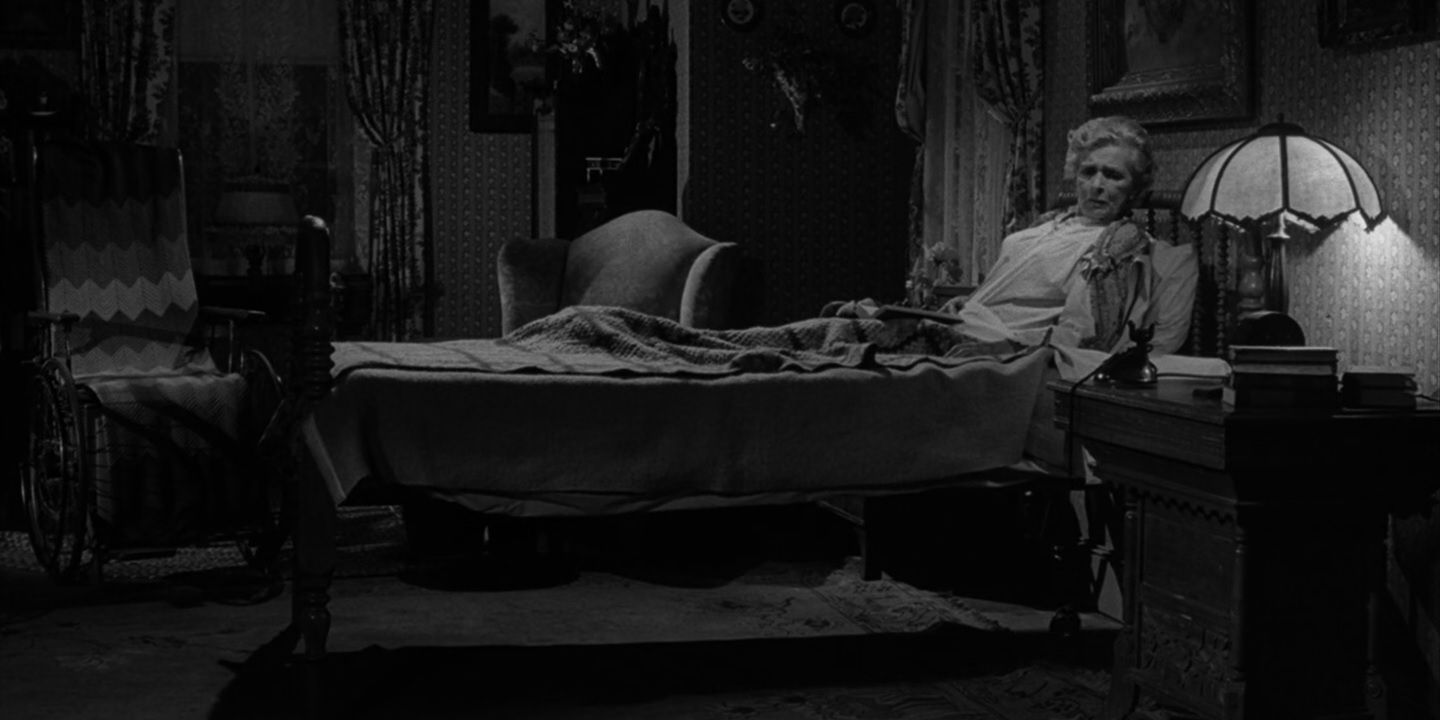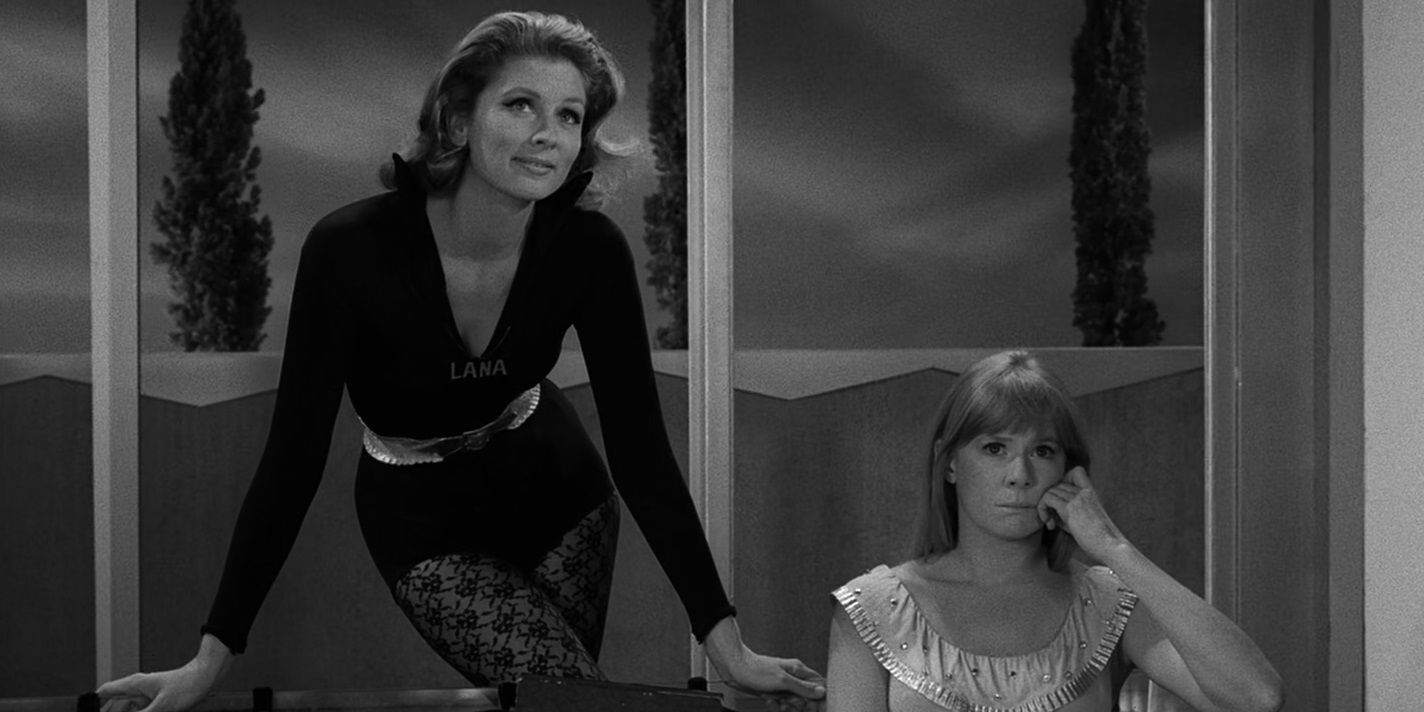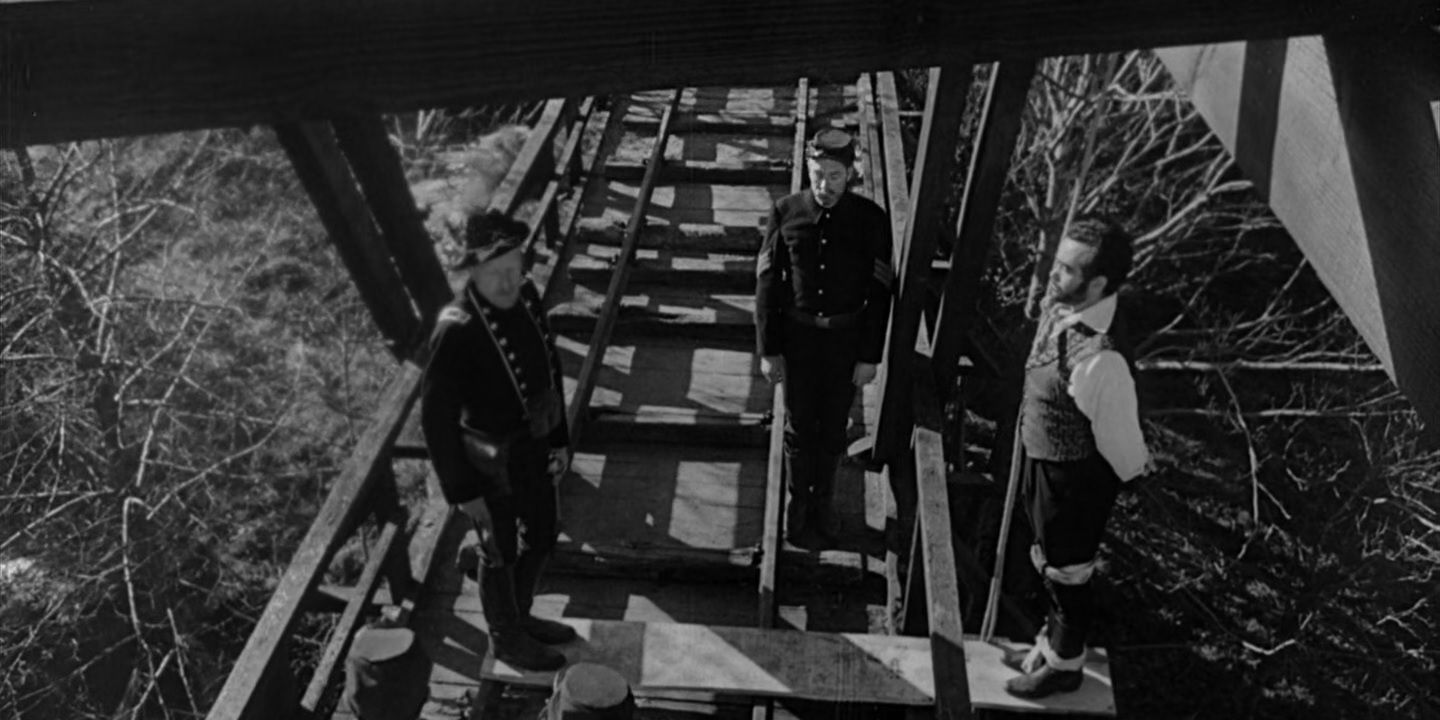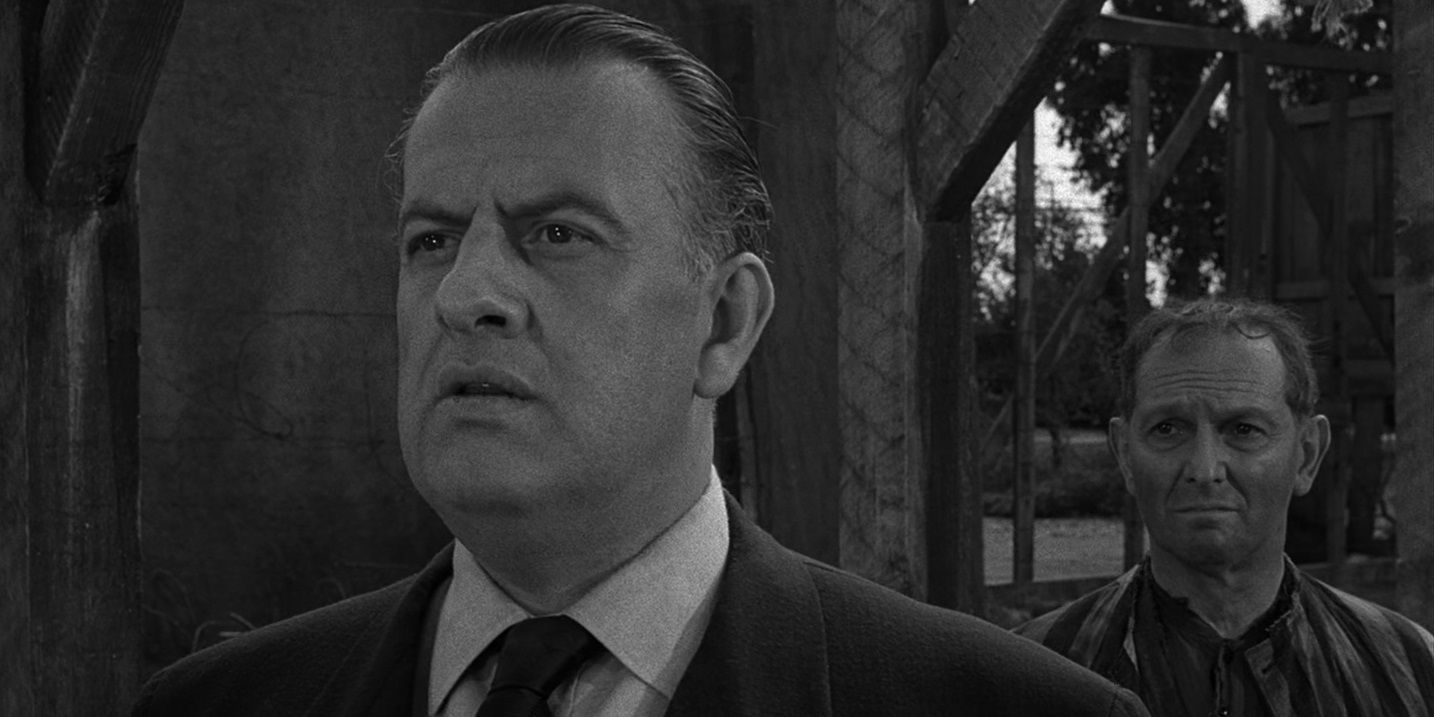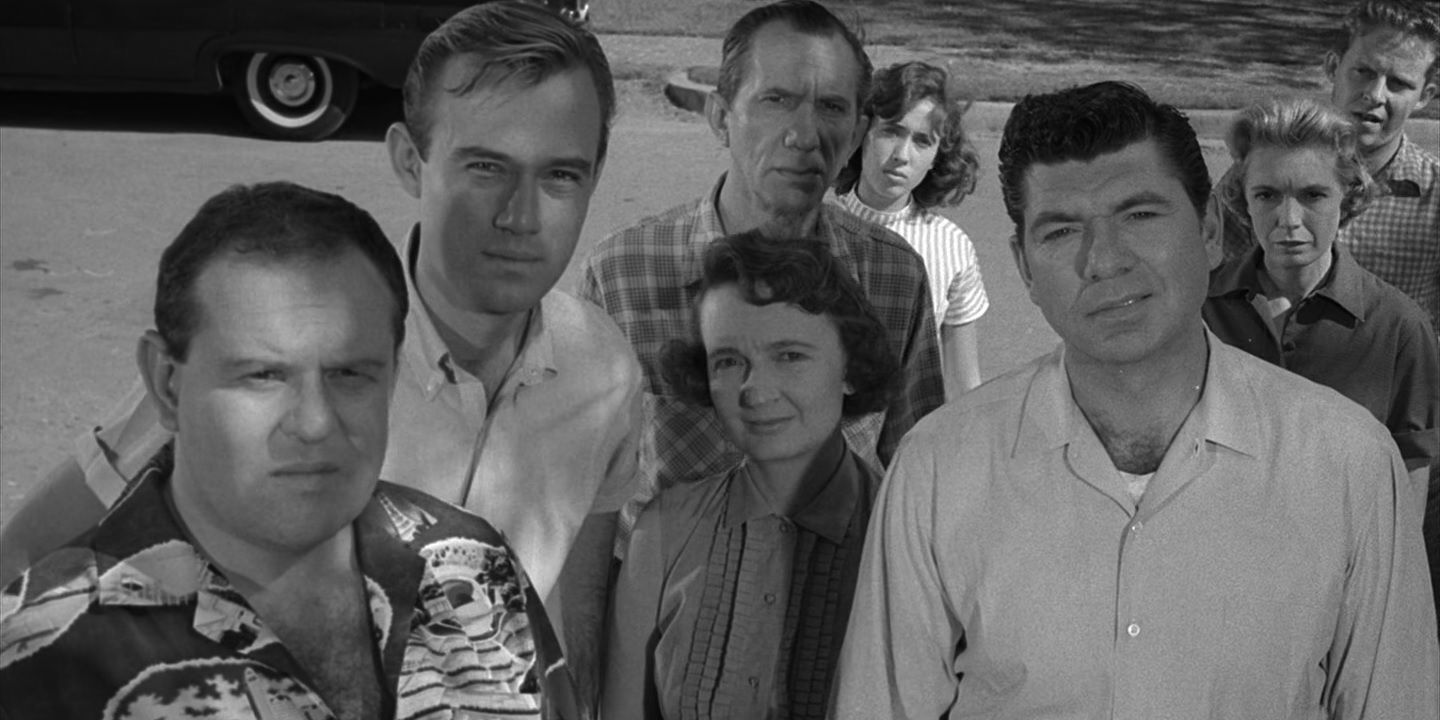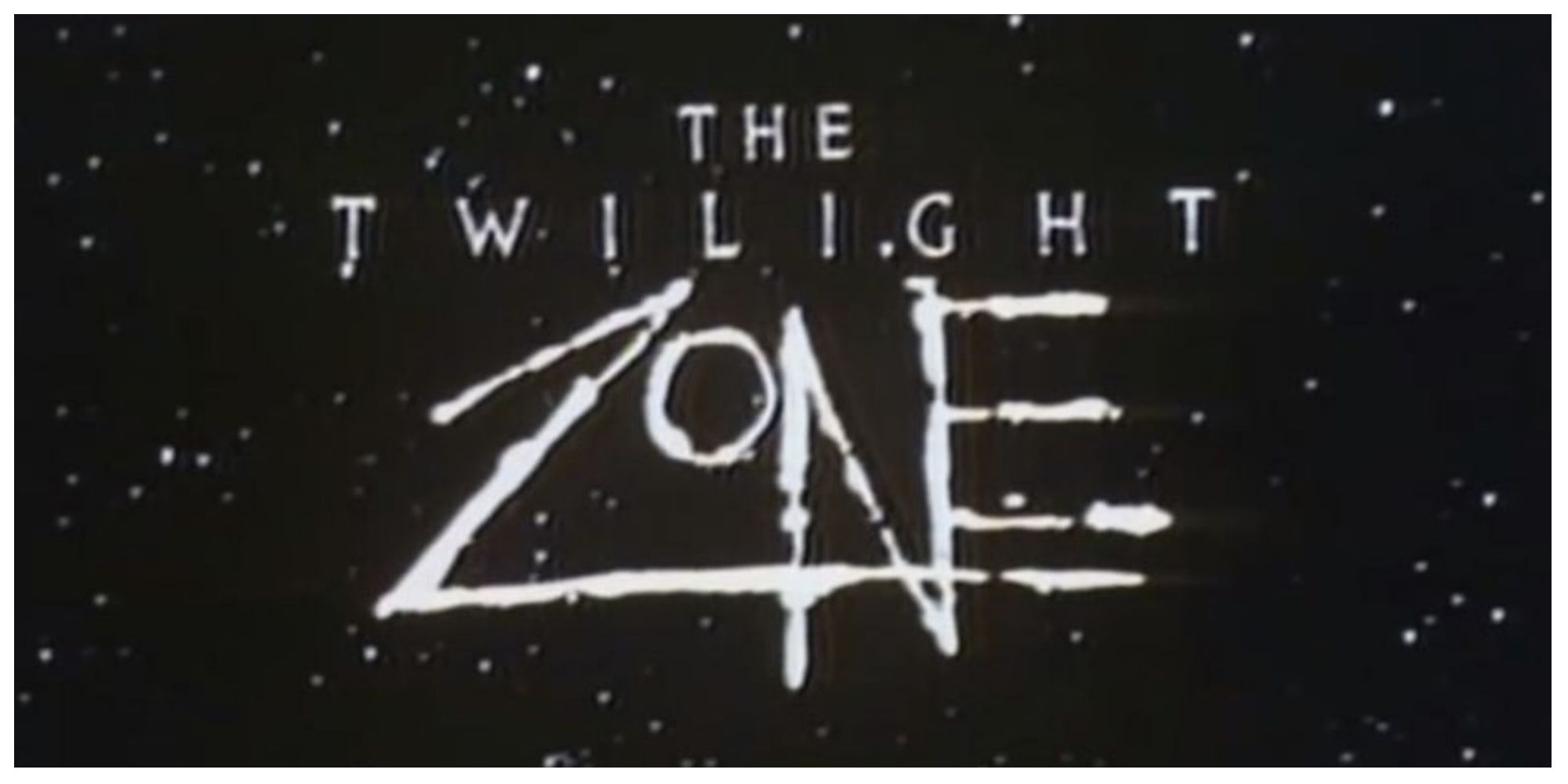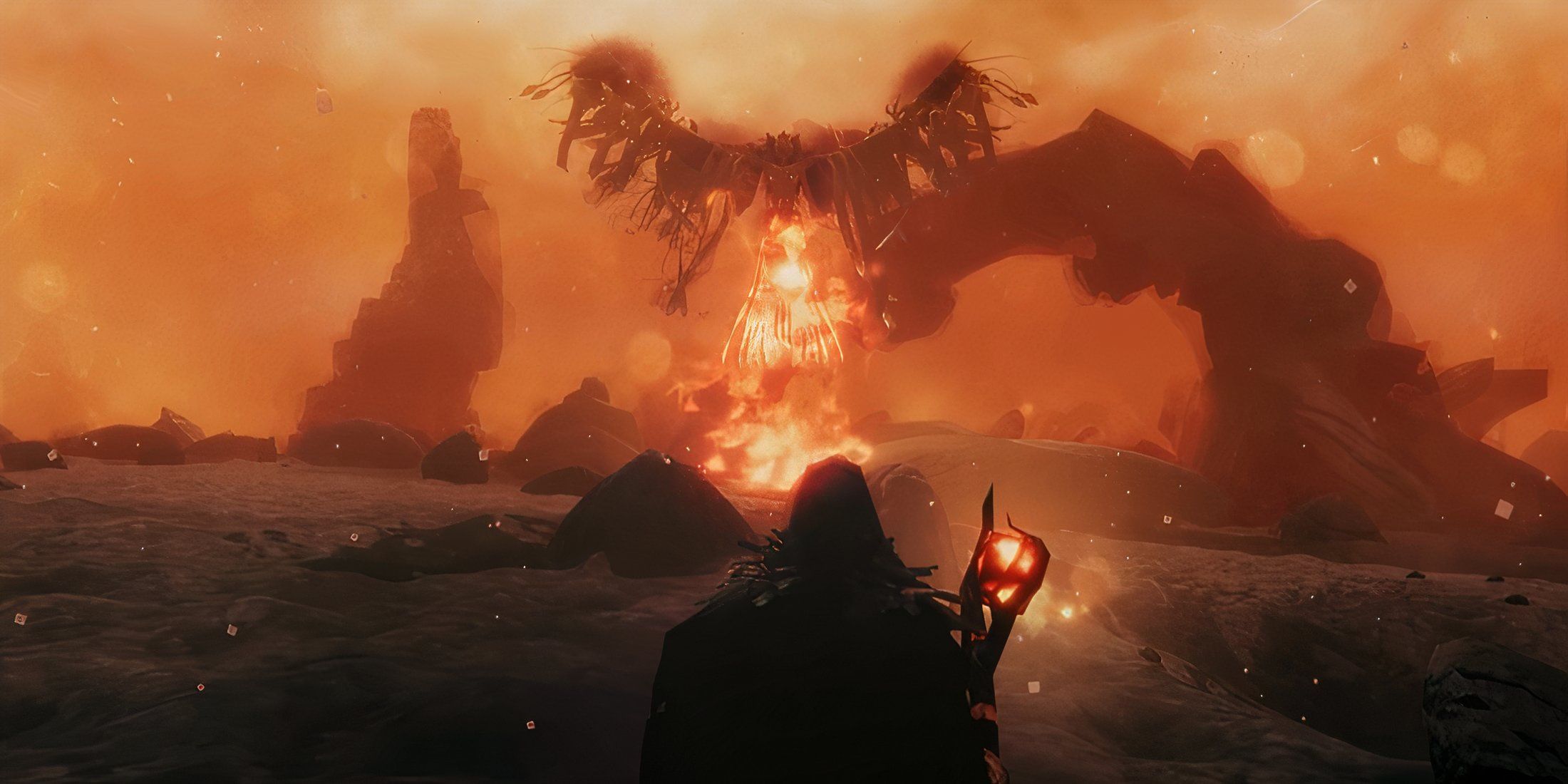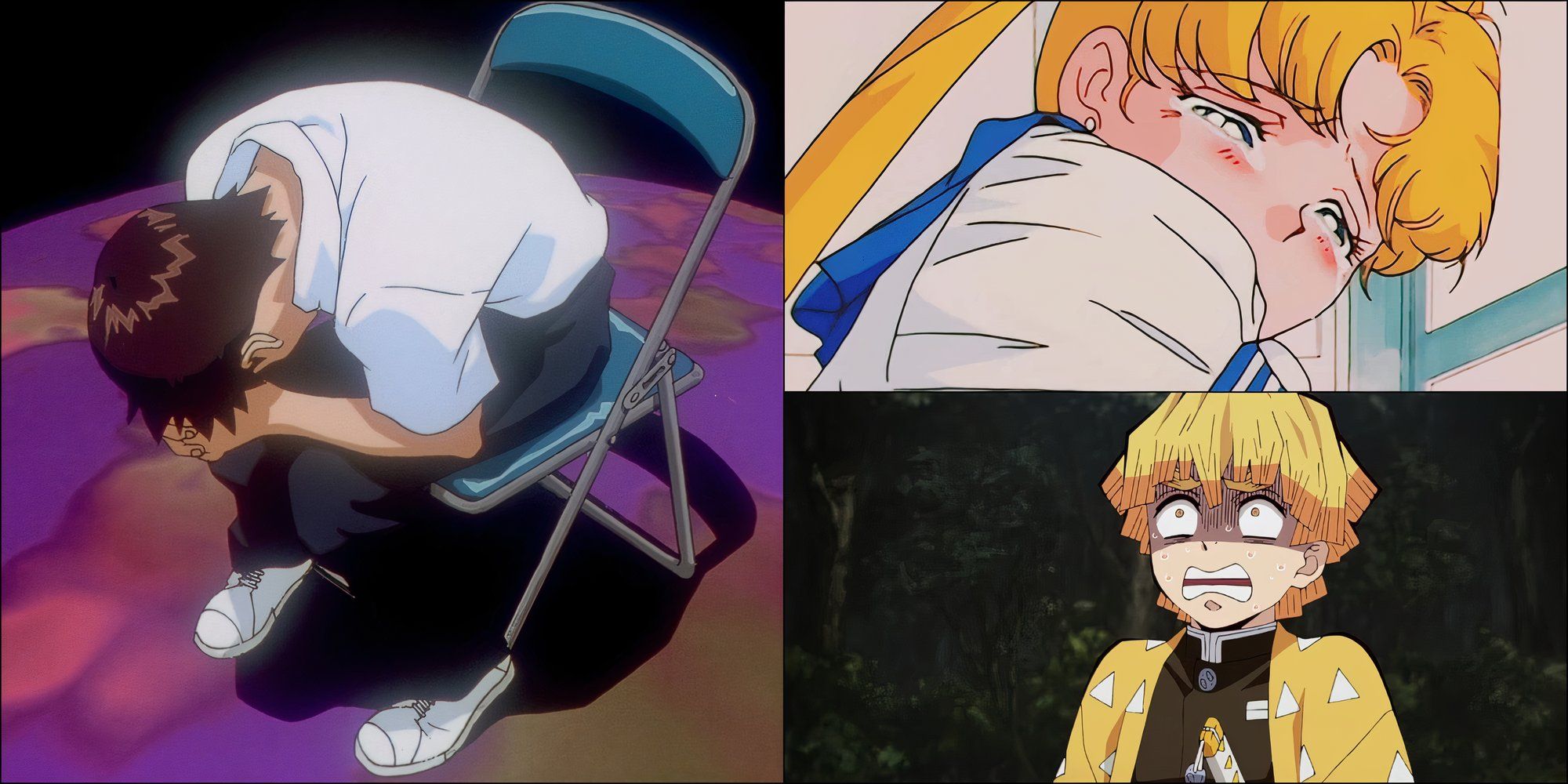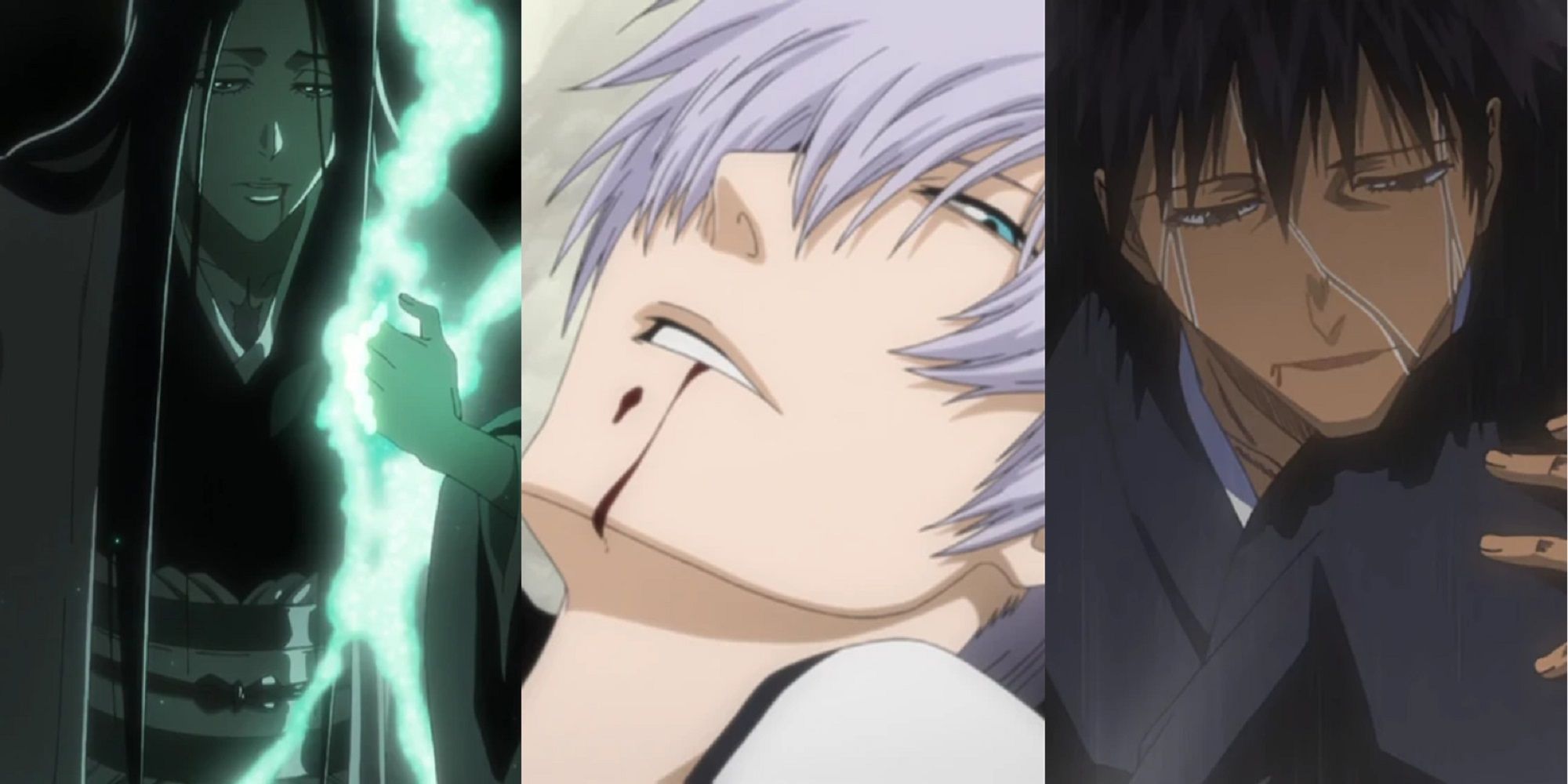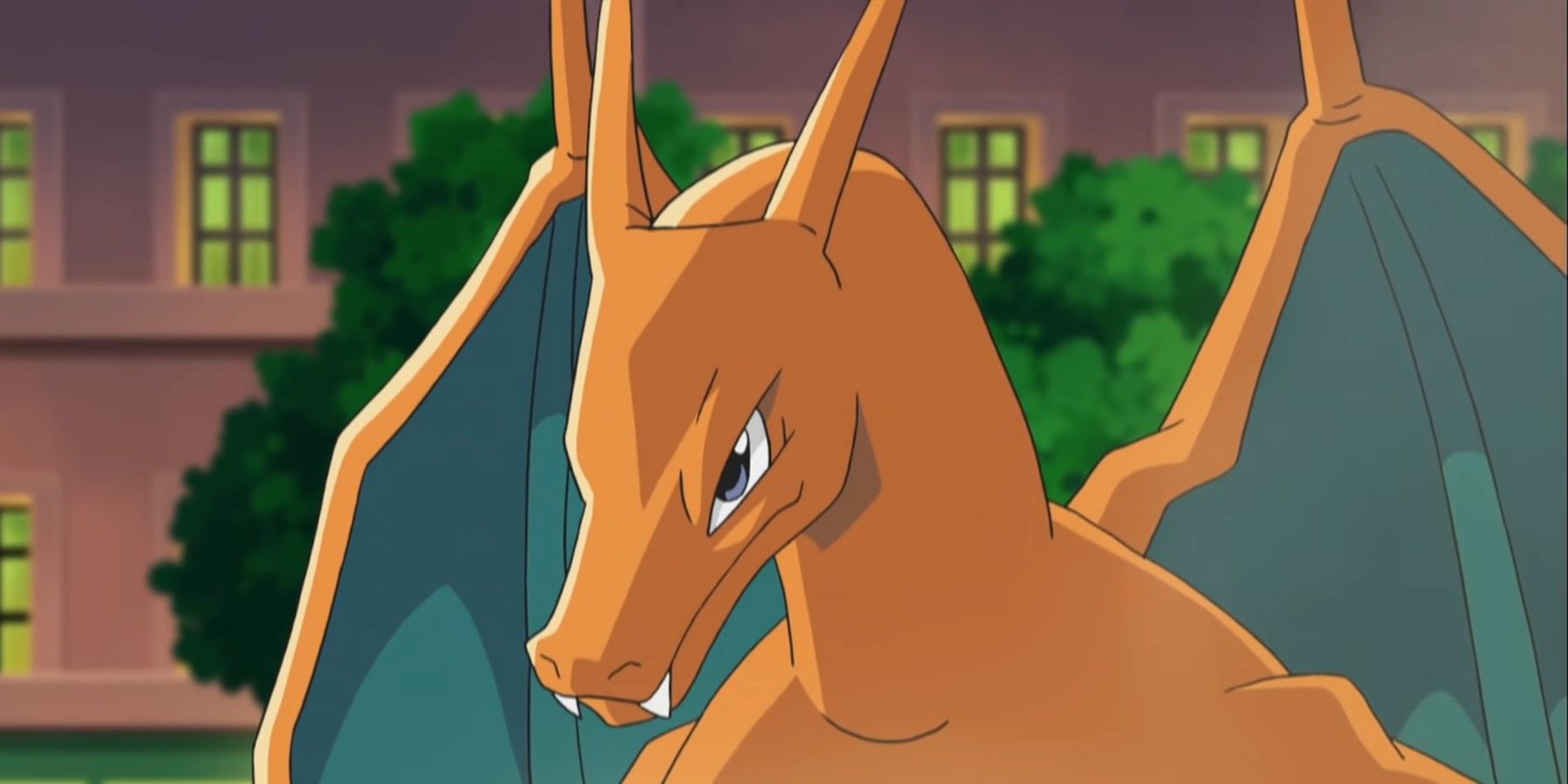Highlights
- Rod Serling’s role as the host and originator of The Twilight Zone cannot be underestimated.
- Serling’s opening and closing monologues are nearly as iconic as the stories themselves.
- The show’s episodes often contain broader points about unintended consequences and the human capacity for self-sabotage.
While The Twilight Zone has spawned numerous imitators and revivals since its debut in the late 1950s, it is the original iteration of the anthology series that is best remembered today. This is due in part to the show’s gripping scripts and talented performers, but the role of Rod Serling, The Twilight Zone‘s host and originator, cannot be underestimated.
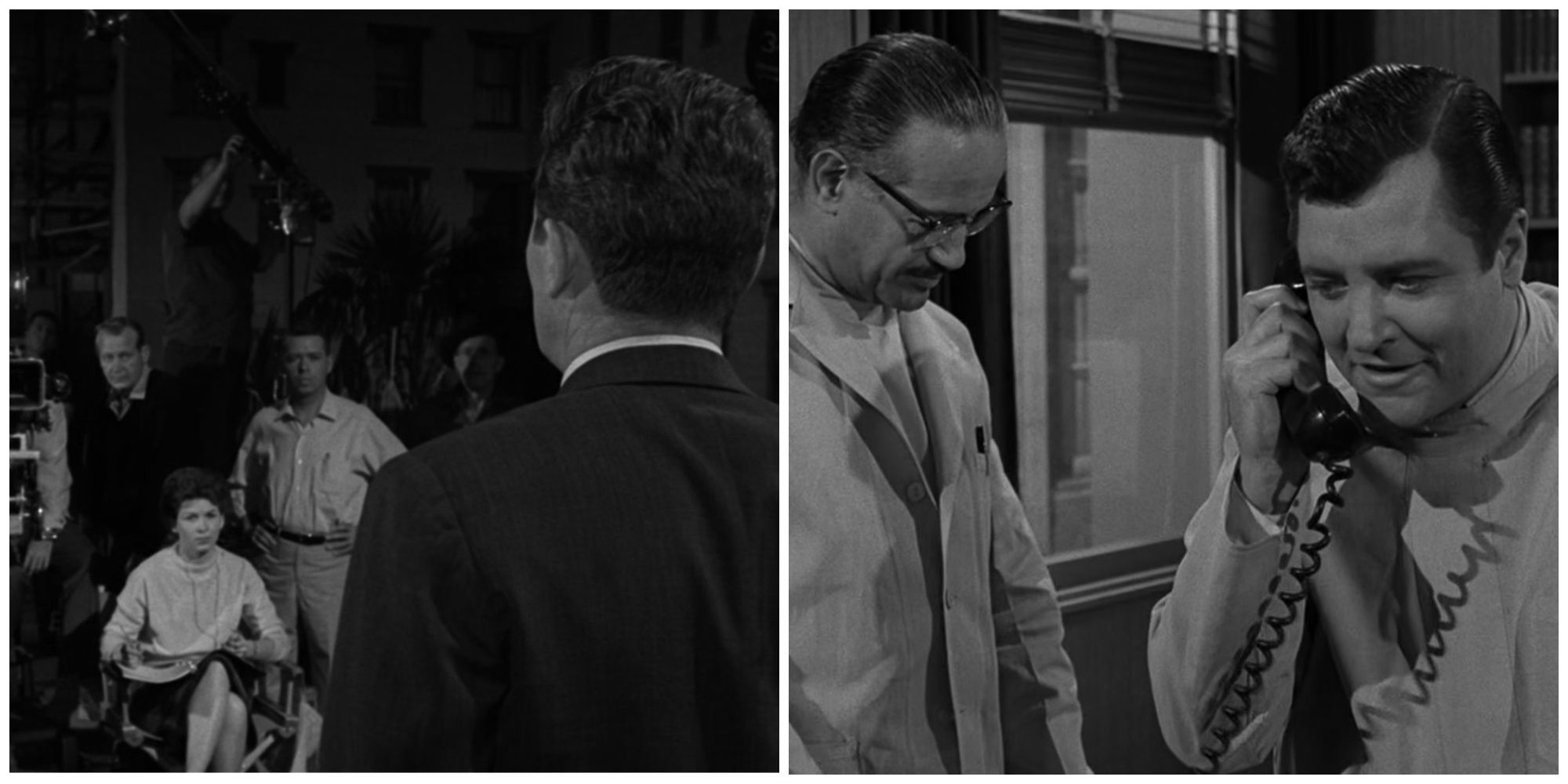
The Twilight Zone: Most Mind-Bending Episodes
Known for mystery and fright, The Twilight Zone harbors some truly mind-bending episodes in its legacy.
Interestingly, Serling had never intended to host the series. However, when the actor that he’d tapped for the part proved unavailable, he stepped in to record each episode’s famous opening and closing monologues himself. These bookends are nearly as iconic as the stories that they accompany, and the best of Serling’s speeches elevate episodes from enjoyable narratives to television classics.
6 “It Is Man’s Prerogative—And Woman’s—To Create Their Own Particular And Private Hell.”
“Night Call” (Season 5, Episode 19)
- “According to the Bible, God created the heavens and the Earth. It is man’s prerogative—and woman’s—to create their own particular and private hell. Case in point, Miss Elva Keene, who in every sense has made her own bed and now must lie in it, sadder, but wiser, by dint of a rather painful lesson in responsibility, transmitted from the Twilight Zone.”
“Night Call” is one of The Twilight Zone‘s saddest episodes, due in part to its memorable ending. The elderly Elva Keene demands that a mysterious caller stop contacting her, only to learn that it is the ghost of her dead lover. Elva must now live with the consequences of ruining the most important relationship in her life and the loneliness that now awaits her.
It’s something of a mean-spirited conclusion, as Elva’s dismissal occurs before she learns the truth about the caller, but Rod Serling uses the episode to make a broader point about unintended consequences and the human capacity for self-sabotage. Elva’s lonely fate may be unfair, but it is a lesson that she will not soon forget.
5 “Portrait Of A Young Lady In Love—With Herself.”
“Number 12 Looks Just Like You” (Season 5, Episode 17)
- “Portrait of a young lady in love—with herself. Improbable? Perhaps. But in an age of plastic surgery, body building, and an infinity of cosmetics, let us hesitate to say impossible. These, and other strange blessings, may be waiting in the future, which, after all, is the Twilight Zone.”
Serling’s closing speech in the dystopian “Number 12 Looks Just Like You” is particularly relevant in an age where accusations of narcissism flood social media on a regular basis. It also predicts the recent boom in plastic surgery and beauty treatments seen in the real world, showing The Twilight Zone‘s uncanny ability to predict the future with its storytelling.
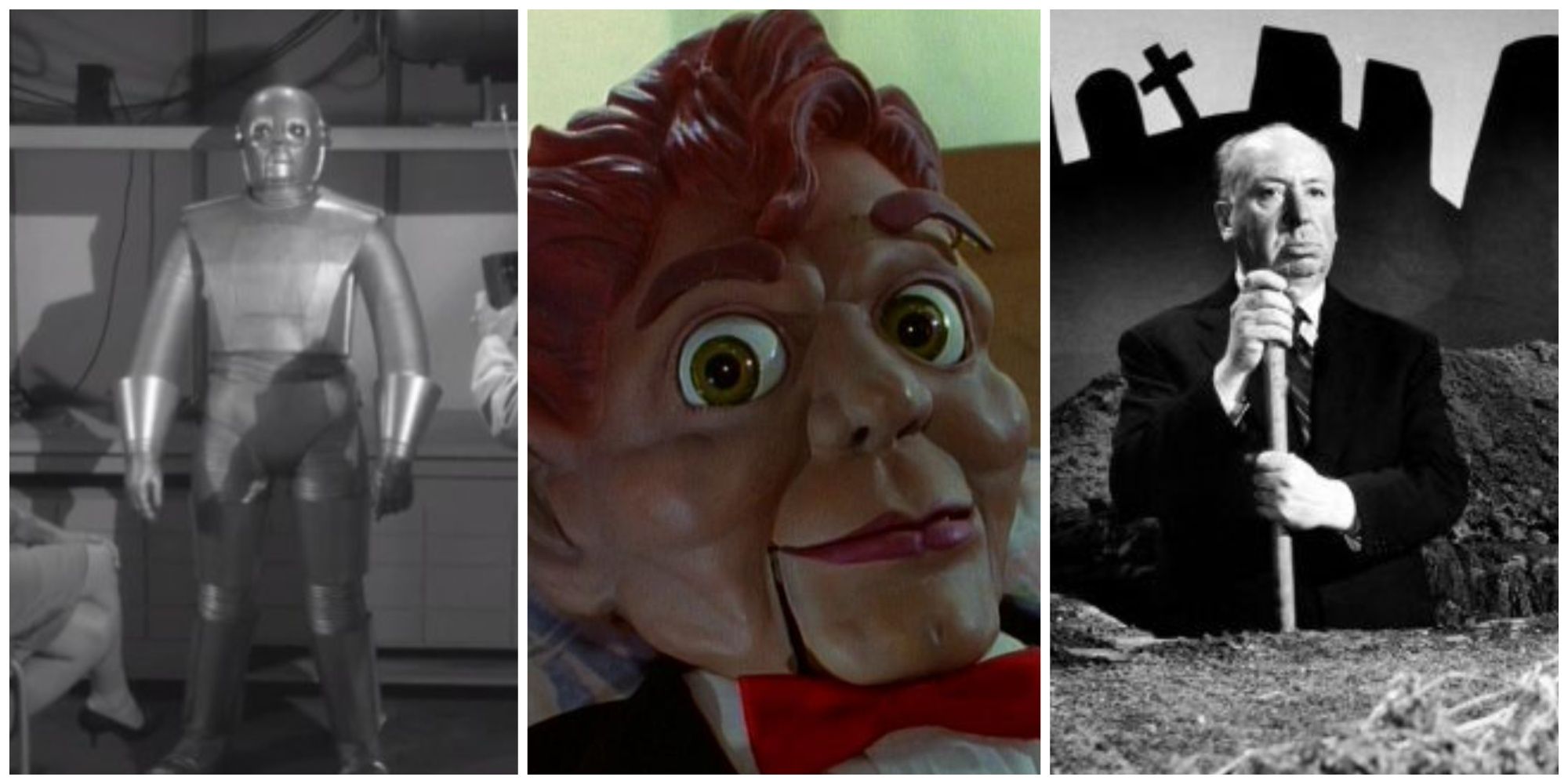
8 Best Twilight Zone Alternatives
Whilst some remember The Twilight Zone as one of the first and best anthology shows, there are still plenty of others worth a watch.
While surgical modifications in the real world have not yet reached the point where people are given entirely new bodies when they reach a certain age, as in the episode, Serling’s closing monologue sums up both the advantages and disadvantages of a world where everyone can be beautiful— even if at the cost of their own unique identity.
4 “Tonight, A Presentation So Special And Unique…”
“An Occurrence at Owl Creek Bridge” (Season 5, Episode 22)
- “Tonight, a presentation so special and unique that for the first time in the five years we’ve been presenting The Twilight Zone, we’re offering a film shot in France by others. Winner of the Cannes Film Festival of 1962, as well as other international awards, here is a haunting study of the incredible from the past master of the incredible, Ambrose Bierce. Here is the French production of ‘An Occurrence at Owl Creek Bridge’.”
Serling’s opening speeches often offer viewers a glimpse of the weirdness of The Twilight Zone, but his words at the start of “An Occurrence at Owl Creek Bridge” are notable in that they instead provide a peek behind the curtain of the show’s production. Rather than financing an original episode, the use of an existing short film allowed the production team to save tens of thousands of dollars.
As Serling later points out, the short film contains “all the ingredients” of his show, making it an appropriate if unorthodox installment of the classic series.
3 “They Are A Monument To A Moment In Time When Some Men Decided To Turn The Earth Into A Graveyard.”
“Deaths-Head Revisited” (Season 3, Episode 9)
- “All the Dachaus must remain standing. The Dachaus, the Belsens, the Buchenwalds, the Auschwitzes; all of them. They must remain standing because they are a monument to a moment in time when some men decided to turn the Earth into a graveyard. Into it they shoveled all of their reason, their logic, their knowledge, but worst of all, their conscience. And the moment we forget this, the moment we cease to be haunted by its remembrance, then we become the gravediggers.”
“Deaths-Head Revisited” revisits the then-recent trauma of the Second World War and the Holocaust by placing an SS officer (Oscar Beregi, Jr.) on trial for his wartime crimes. The officer, Lutze, is literally haunted by the ghosts of his victims, culminating in a well-deserved punishment.
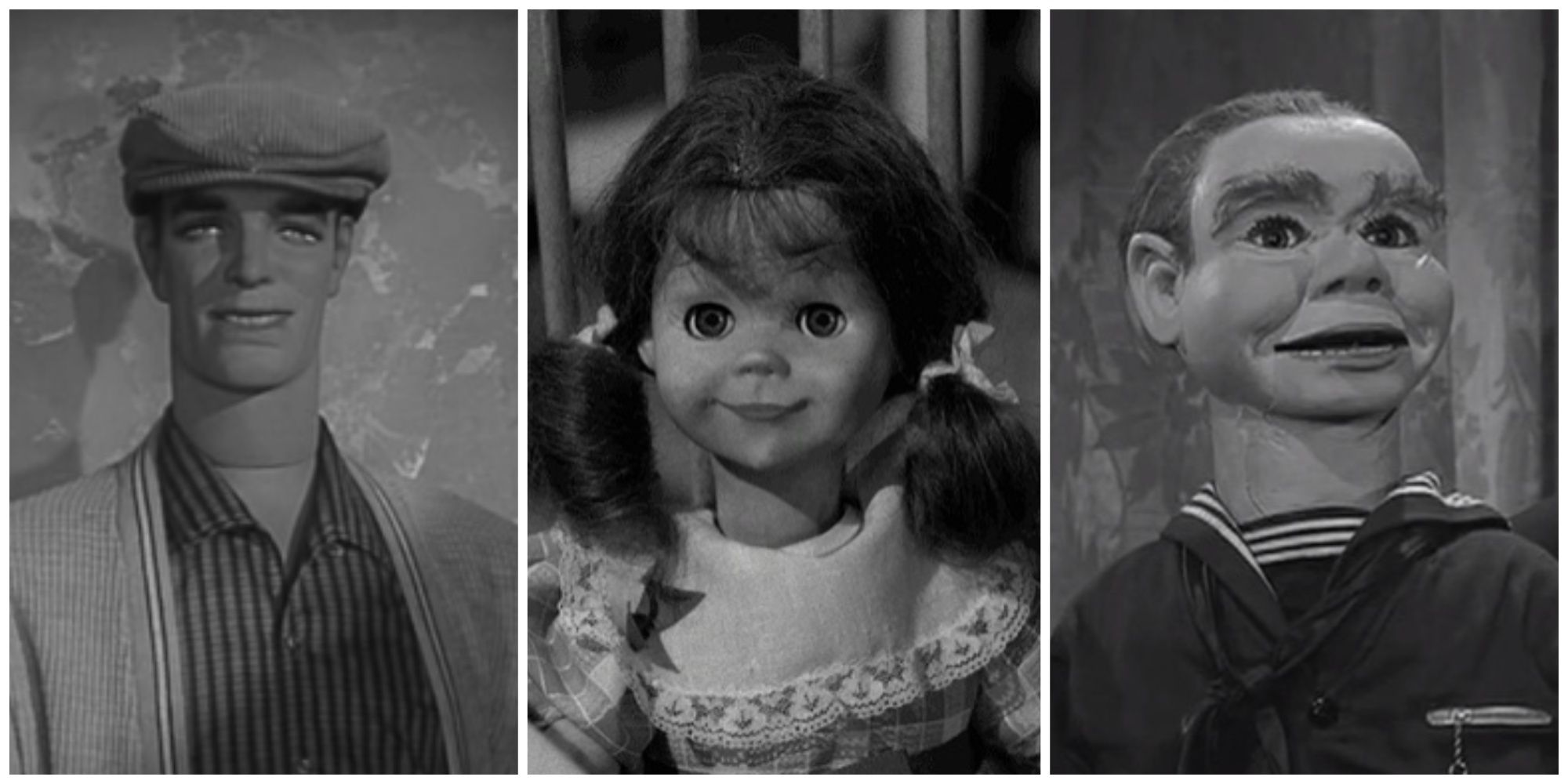
8 Scariest Twilight Zone Episodes, Ranked
Throughout its history, The Twilight Zone has delivered many spine-tingling moments that fans still remember to this day.
Serling’s concluding monologue stresses the importance of remembering crimes against humanity so that history cannot repeat itself. The Twilight Zone is frequently didactic, but the closing speech of this classic episode demonstrates the need to take the lessons learned in the series and apply them in the real world—otherwise, Serling argues, we risk re-creating the nightmarish world of the series in reality.
2 “There Are Weapons That Are Simply Thoughts, Attitudes, Prejudices… To Be Found Only In The Minds Of Men.”
“The Monsters Are Due on Maple Street” (Season 1, Episode 22)
- “The tools of conquest do not necessarily come with bombs and explosions and fallout. There are weapons that are simply thoughts, attitudes, prejudices… to be found only in the minds of men. For the record, prejudices can kill and suspicion can destroy, and a thoughtless, frightened search for a scapegoat has a fallout all of its own—for the children and the children yet unborn. And the pity of it is that these things cannot be confined to the Twilight Zone.”
The Twilight Zone was produced in the context of the Cold War, and many episodes tackle themes of nuclear war and apocalyptic devastation. “The Monsters Are Due on Maple Street”, however, takes a more subtle approach by tapping into fears about Communist infiltrators in the United States. The episode demonstrates the destructive potential of paranoia, a point reiterated in Serling’s closing monologue.
Serling’s final words are as much a warning to viewers as they are a comment on the preceding narrative, and they continue to be relevant today. As such, its unsurprising that the episode was remade decades later, albeit with a focus on terrorism rather than Communism.
1 “You’re Traveling Through Another Dimension…”
The Twilight Zone (Season 2)
- “You’re traveling through another dimension, a dimension not only of sight and sound but of mind, a journey into a wondrous land whose boundaries are that of imagination. That’s the signpost up ahead—your next stop, the Twilight Zone.”
The opening sequence of The Twilight Zone underwent several changes during the show’s five-season run, with the imagery and the precise wording of Rod Serling’s introduction differing between each batch of episodes. However, regardless of the exact phrasing, Serling’s introduction guides viewers into the titular Twilight Zone, giving them some idea of the strange tales that await them.
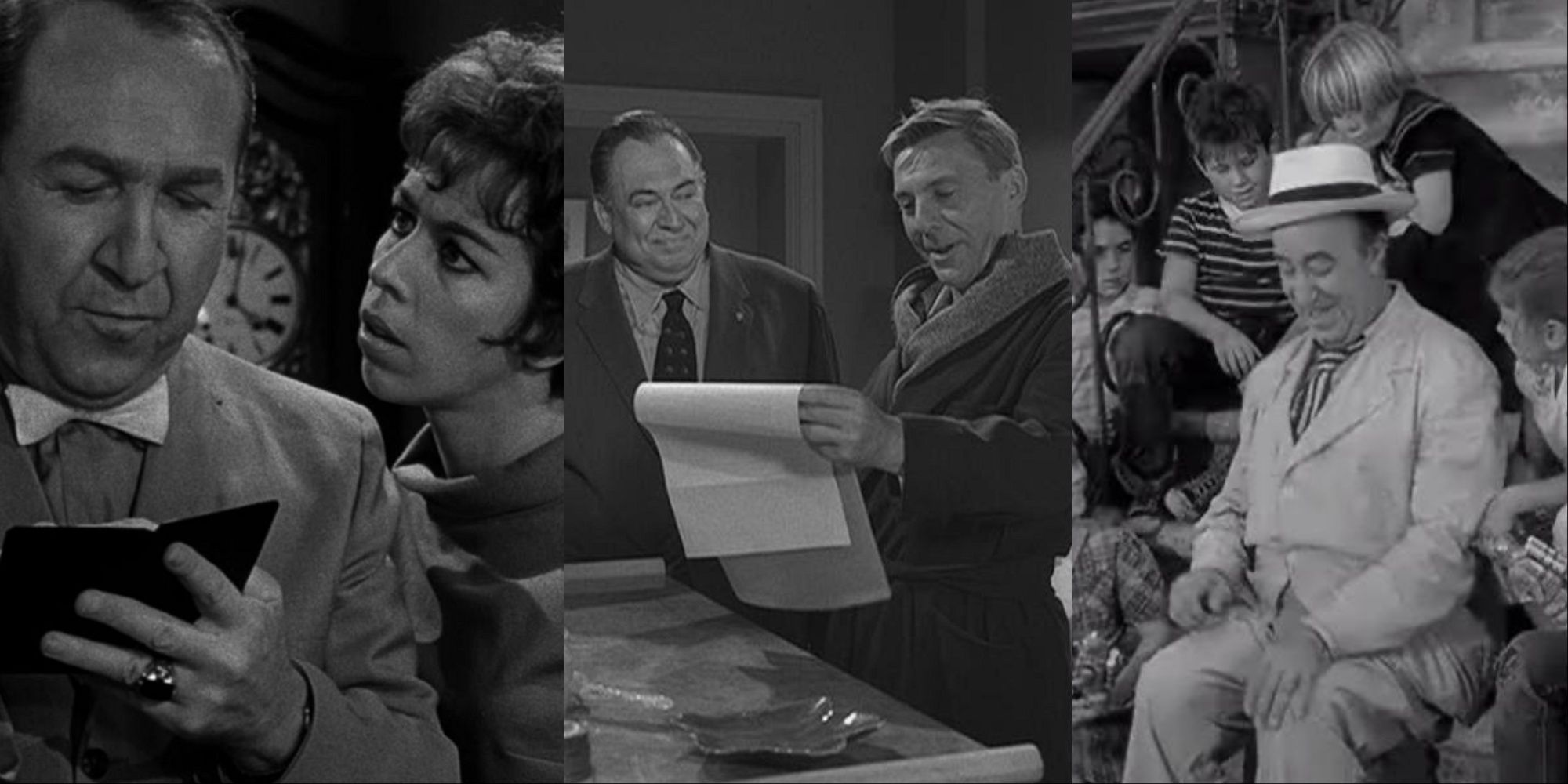
7 Funniest Twilight Zone Episodes, Ranked
Among the bizarre tales of The Twilight Zone, these episodes stand out as some of the show’s funniest.
The result is one of television’s most iconic opening sequences. The Twilight Zone may be well-known for Serling’s episode-specific monologues, but the part he played in the show’s iconic opening cannot be underestimated. His narration sets the tone for what is to follow, intriguing viewers even today.
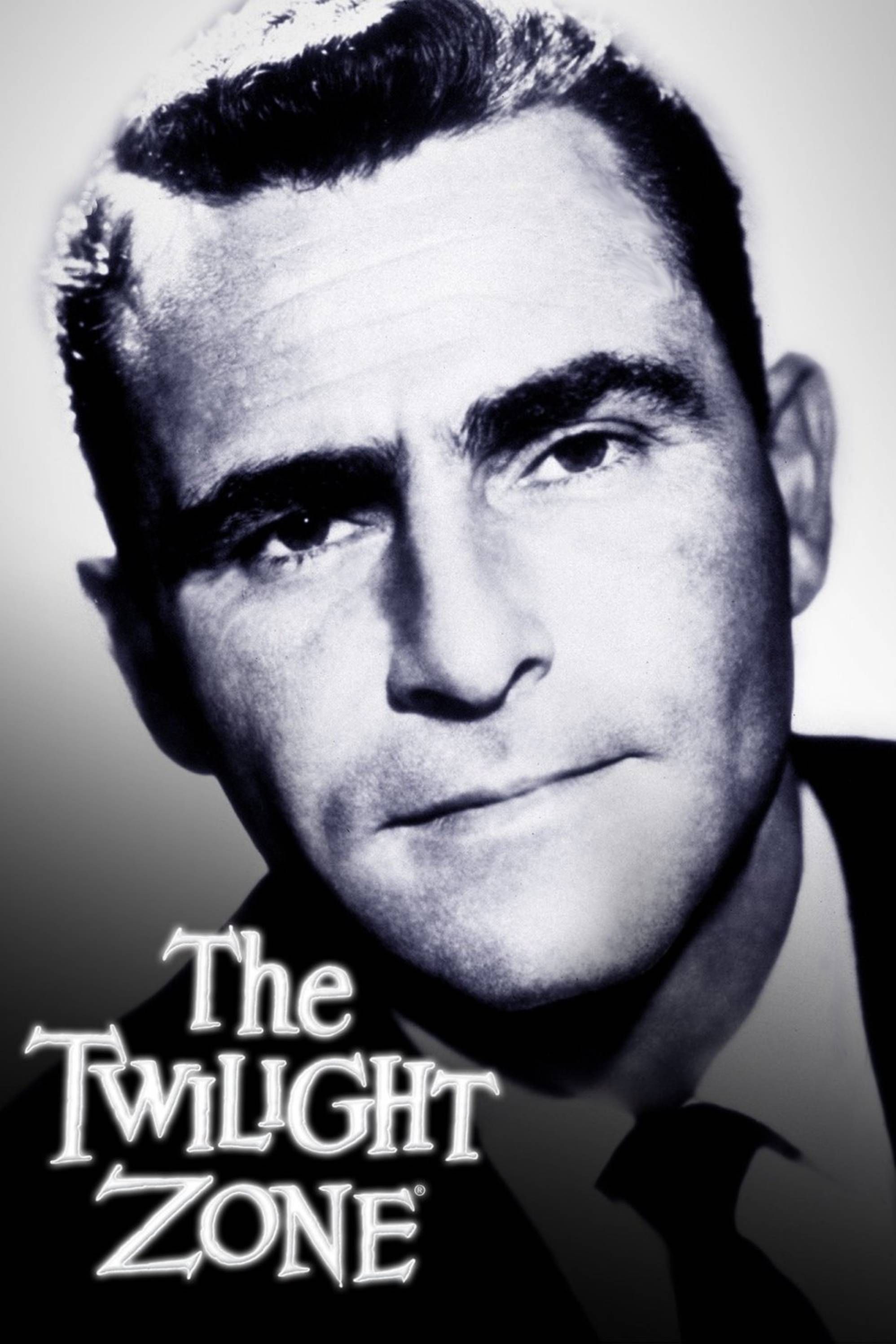
The Twilight Zone
- Release Date
- October 2, 1959
- Creator
- Rod Serling
- Genres
- Horror , Mystery , Drama , Sci-Fi
- Seasons
- 5
- Number of Episodes
- 156



